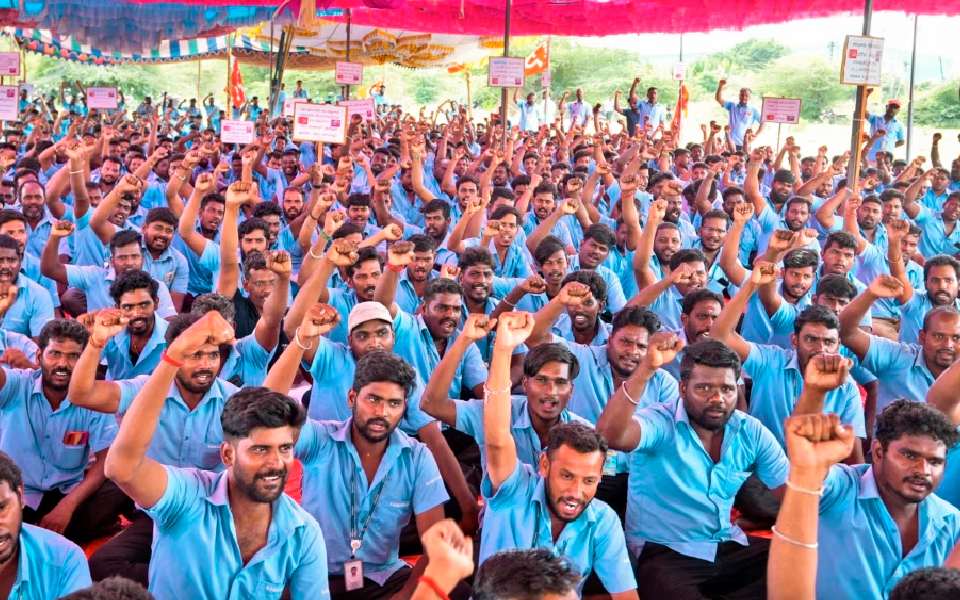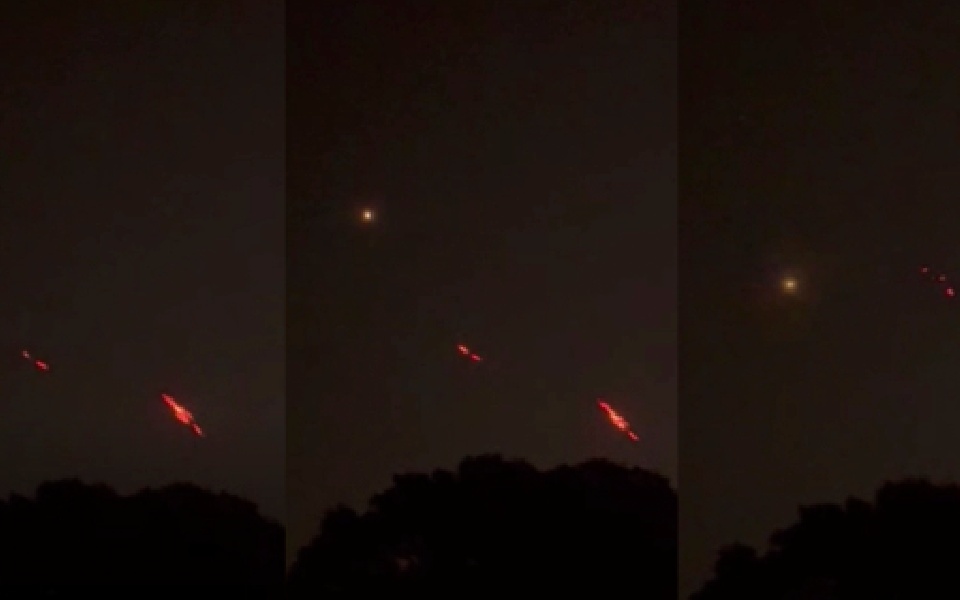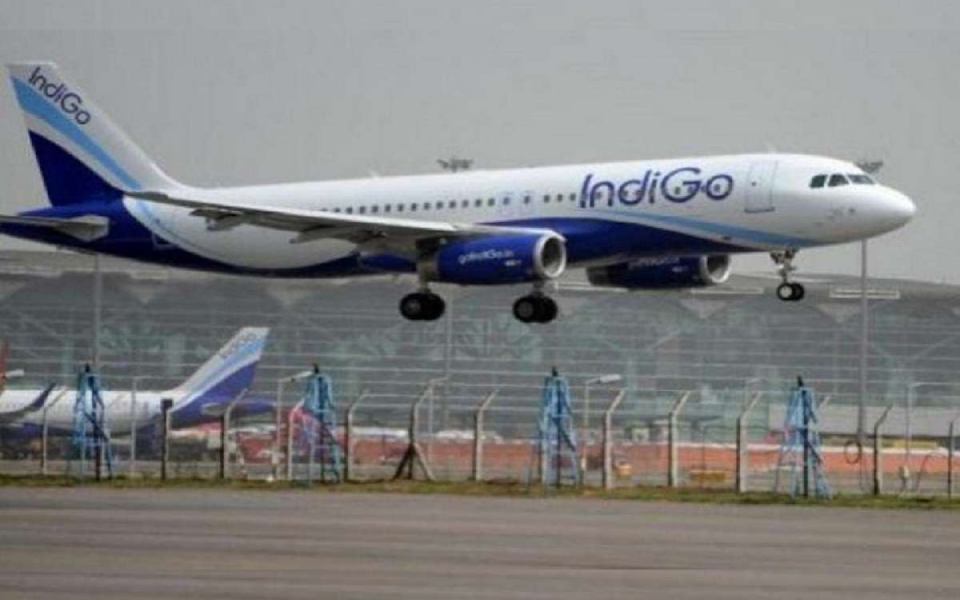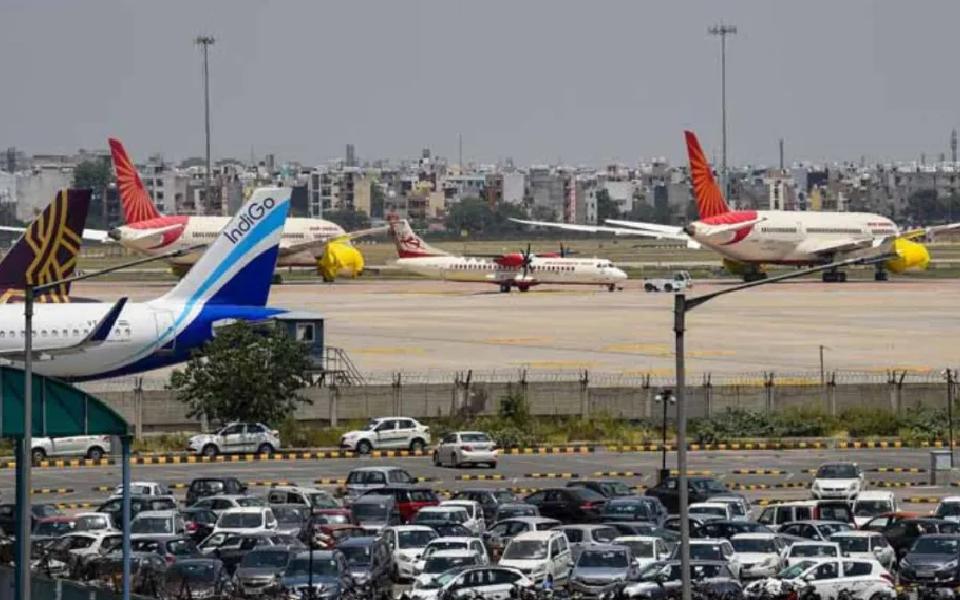Chennai: Tamil Nadu police has reportedly detained around 600 Samsung Electronics workers and union members on Tuesday for organising a street protest, as a strike at the South Korean firm's home appliances plant in Tamil Nadu entered its fourth week.
Charles Sam Rajadurai, a senior state police official, told Reuters that Samsung employees and workers linked to labour group CITU, which is leading the protest, were detained because their march near Chennai was causing public inconvenience.
More than 1,000 workers have disrupted operations and protested in a makeshift tent near the factory close to capital city since September 9, 2024. They are demanding higher wages and union recognition at the plant, which accounts for roughly a third of Samsung's annual revenue in India, totaling $12 billion, the news agency noted.
Police had detained 104 striking Samsung workers on September 16, 2024 for almost a day.
The report added that the protests cast a shadow over Indian Prime Minister Narendra Modi's drive for foreign investors to "Make in India" and is India's biggest such strike in recent years. Samsung has warned that the striking workers risk losing their jobs.
Samsung earlier highlighted that the the average monthly salary of full-time manufacturing workers at the plant is nearly double that of similar workers in the region, and stated that it was open to engaging with employees to resolve the issue.
Let the Truth be known. If you read VB and like VB, please be a VB Supporter and Help us deliver the Truth to one and all.
Jammu, May 12 (PTI): Security forces are engaging suspected drones observed along the International Border in Samba district of Jammu region on Monday, an Army said.
This fresh incident of drone activity along the borderline comes barely hours after Prime Minister Narendra Modi’s first address to the nation following Operation Sindoor and the meeting of the DGMOs of India and Pakistan.
The Army, however, said there is no need to be alarmed.
“A small number of suspected drones have been observed near Samba in J&K. They are being engaged,” it said.
In the backdrop of the situation, several areas witnessed blackouts in Samba, Kathua, Rajouri, and Jammu.
Lights were switched off at the cave shrine of Mata Vaishno Devi and along its track as a precautionary measure, sources said.
On Monday, talks between the DGMOs were held during which issues related to the continuing commitment that both sides must not fire a single shot or initiate any aggressive or inimical action against each other were discussed, the Indian Army said.
It was also agreed that both sides would consider immediate measures to ensure troop reduction along the borders and in forward areas, it added.
The situation remained largely peaceful across Jammu and Kashmir, with no incidents of ceasefire violation reported along the Indo-Pak border Sunday overnight — marking the first calm night after 18 days of hostilities following the Pahalgam terror attack that left 26 people — mostly tourists — dead.
India and Pakistan on Saturday reached an understanding to cease all firing and military actions on land, air, and sea with immediate effect, following four days of intense cross-border drone and missile strikes that brought the two countries to the brink of full-scale war.
Eighteen days of intense hostilities following the Pahalgam terror attack and Operation Sindoor, which brought India and Pakistan to the brink of war, ended with a ceasefire that restored calm along the Line of Control, the International Border, and the hinterland in Jammu and Kashmir. The Army thwarted Pakistan’s Hamas-style kamikaze drone attacks during the escalation.
Since the night of April 24, hours after India suspended the Indus Waters Treaty in response to the Pahalgam terror attack, Pakistani troops repeatedly targeted Indian positions along the LoC — beginning in the Kashmir Valley and quickly expanding to the Jammu region.
The latest hostilities began in the northern districts of Kupwara and Baramulla in the Kashmir Valley, before spreading southwards to Rajouri, Poonch, Akhnoor, and the Pargwal sector along the International Border in Jammu district. The firing affected five border districts — Baramulla, Kupwara, Poonch, Rajouri, and Jammu.
The recent round of cross-border firing further undermined the ceasefire agreement reached in February 2021, which has largely been seen as ineffective due to Pakistan’s frequent violations along the 740-km-long LoC.
The April 22 terror attack, which claimed the lives of 26 people — mostly tourists — in Pahalgam’s Baisaran valley, triggered a strong response from the central government.
The India-Pakistan border stretches over 3,300 kilometers, divided into three segments: the International Border (IB), spanning about 2,400 km from Gujarat to Akhnoor in Jammu; the 740-km-long Line of Control (LoC) that divides Jammu and Kashmir; and the 110-km-long Actual Ground Position Line (AGPL), which separates the Siachen Glacier region.
WATCH: OP Sindoor continues. Minutes after PM Speech.
— Rahul Shivshankar (@RShivshankar) May 12, 2025
A small numbers of suspected drones being observed near Samba in J&K. Being engaged . pic.twitter.com/jmGmRkmQ26





